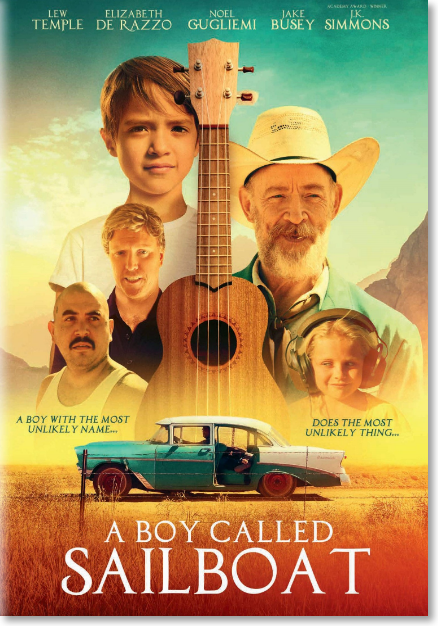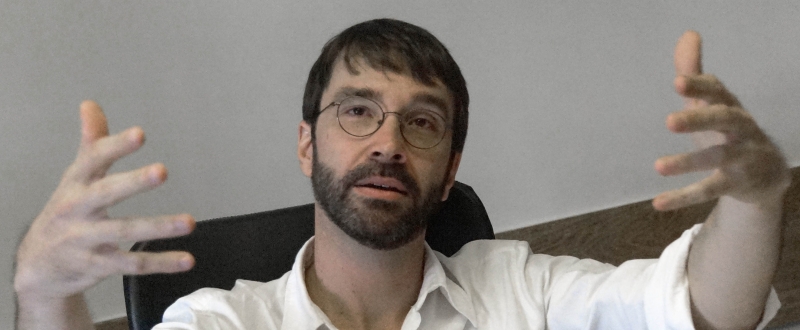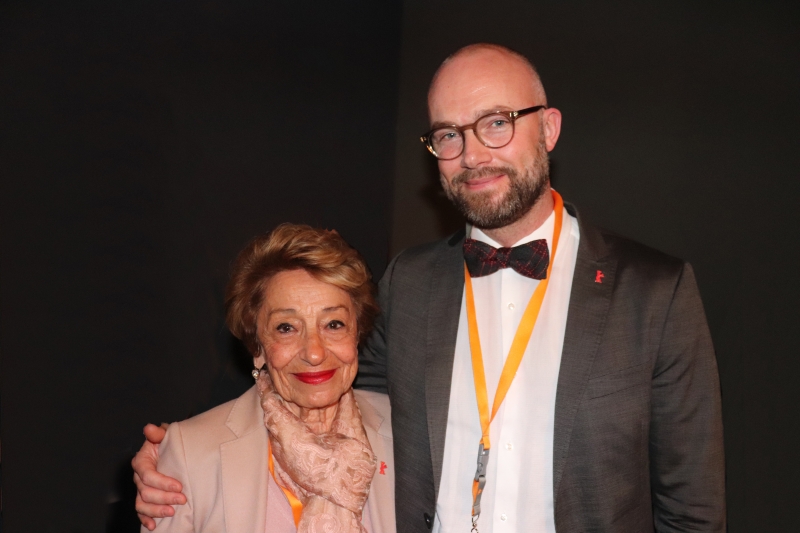|
|
||
|
Pro Tools
FILMFESTIVALS | 24/7 world wide coverageWelcome ! Enjoy the best of both worlds: Film & Festival News, exploring the best of the film festivals community. Launched in 1995, relentlessly connecting films to festivals, documenting and promoting festivals worldwide. Working on an upgrade soon. For collaboration, editorial contributions, or publicity, please send us an email here. User login |
This year’s Berlinale Retrospective is entitled “The Weimar Touch”Berlinale Retrospective 2013: “‘Unheimlich’ – The Dark Side”: In the 1930s, intensely scary crime films concentrated on the dark side of the human psyche and society. In post-war USA, these works contributed to shaping the genre of film noir, whose directors were for the most part German film emigrants. For instance, Robert Siodmak made the film Pièges (Traps, France 1939) while he was exiled in Paris. Remakes of classics from the Weimar Republic and films modelled on films from this period will be screening under the heading “Variations”. This includes Joseph Losey’s 1951 adaptation of Fritz Lang’s work of the same name, M (1931); and Victor Saville’s First a Girl (GB 1935), which is based on Reinhold Schünzel’s Viktor und Viktoria (Viktor and Viktoria, Germany 1933). Berlinale Director Dieter Kosslick is very pleased with the Retrospective, which is being curated jointly by the Deutsche Kinemathek and the Museum of Modern Art, New York: “During the Weimar Republic, the relevance of film for society and art was discovered, and film history written. At the Retrospective, the impact of this film epoch on international cinema will become evident.” Alongside Laurence Kardish from the MoMA, many thanks go to another external member of the Curatorial Board, film historian Hans-Michael Bock. 27.11.2012 | Berlin's blog Cat. : Austria Billy Wilder Casablanca Dieter Kosslick Entertainment Entertainment Ergens in Nederland Ernst Lubitsch Eugen Sch Europe France Fritz Lang Germany Hans-Michael Bock Hermann Kosterlitz Hungary Joseph Losey Laurence Kardish Ludwig Berger Max Oph Michael Curtiz Modern Art Nazi Nederland Netherlands New York Oscar Paris Rainer Rother Reinhold Sch Robert Siodmak Section Victor Saville Viktoria Weimar FILM
|
LinksThe Bulletin Board > The Bulletin Board Blog Following News Interview with EFM (Berlin) Director
Interview with IFTA Chairman (AFM)
Interview with Cannes Marche du Film Director
Filmfestivals.com dailies live coverage from > Live from India
Useful links for the indies: > Big files transfer
+ SUBSCRIBE to the weekly Newsletter Deals+ Special offers and discounts from filmfestivals.com Selected fun offers
> Bonus Casino
User imagesAbout Berlin Chatelin Bruno Chatelin Bruno |




























